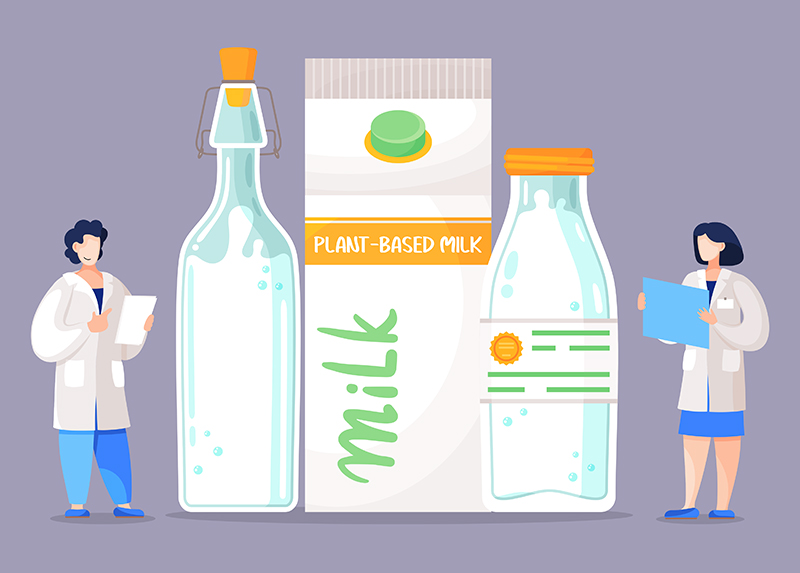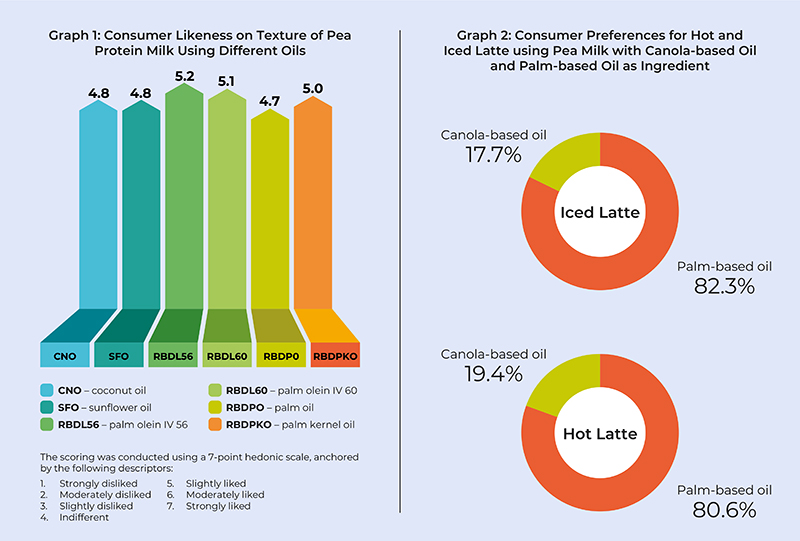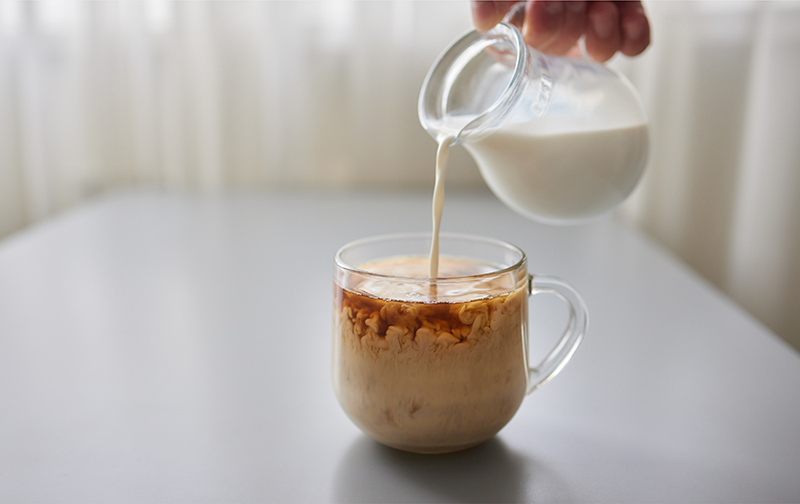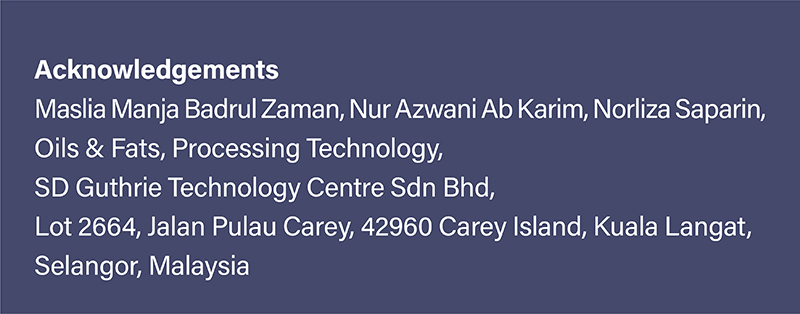Frequently Asked Questions (FAQ)
Your go-to guide for understanding the palm oil industry and gaining insights into nutrition and health, sustainability, environmental impact, and industry practices.


DUE to its versatility and high nutrient content, sustainable Malaysian palm oil is essential for supporting various food applications and dietary requirements. It plays a significant role in global food and nutrition. Strict adherence to social and environmental regulations throughout the entire palm oil supply chain ensures sustainability, minimises ecological impact, and fosters economic development in producing regions.

The need for sustainable dietary choices and health-conscious customers are driving up the demand for PBM simultaneously. From 2018 to 2022, a study (1) found that, on average, customer attitudes towards product claims related to environmental sustainability are reflected in their purchasing behaviour.
Health advantages of PBM:
- Lactose and cholesterol-free.
- Frequently supplemented with vital vitamins and minerals.
- Aligns with consumer preferences for healthier and sustainable dietary choices.


Oil, water, emulsifiers, and other additives are ingredients in PBM (2). Oil is added to create a stable emulsion and good mouthfeel (3). Oils typically used vary in composition, physico-chemical properties, sensory attributes, and nutritional profile. Coconut, sunflower, and canola oil, to name a few, are commonly used in PBM formulations.
In PBM, creaminess refers to a smooth, velvety texture resembling dairy milk, providing a richer, more satisfying consistency that enhances the sensory experience. A study (graph 1) examined the role of various oils, including palm oil, in influencing the sensory properties such as texture of pea protein milk.
The findings revealed that palm oil and its liquid fractions, such as palm olein, could effectively replace oils like coconut oil (CNO) and sunflower oil (SFO) without affecting the milk’s texture quality. These results underline palm oil's ability to deliver comparable creaminess and indulgence, making it a suitable alternative for plant-based milk formulations.
A consumer sensory study (graph 2) involving 50 participants further validated these findings. Over 80% of respondents preferred hot and cold lattes made with pea milk formulated using palm-based oil. In contrast, only 17 - 19% favoured lattes prepared with pea milk using canola oil. This strong preference highlights the adaptability of palm oil in providing creamy textures and appealing mouthfeel across different temperature profiles, making it an ideal ingredient for various plant-based beverages.

As the demand for sustainable and versatile ingredients continues to rise, palm oil is playing a vital role in the development of innovative plant-based beverages. Its ability to enhance texture and overall sensory appeal makes it a reliable choice for crafting dairy-free alternatives that meet both industry standards and consumer preferences. Results in Graph 2 showcased the adaptability of palm oil in providing creamy textures and appealing mouthfeel across different temperature profiles, making it an ideal ingredient for various plant-based beverages.

Results in Graph 2 showcased the adaptability of palm oil in providing creamy textures and appealing mouthfeel across different temperature profiles, making it an ideal ingredient for various plant-based beverages.

References
- Am, J.B. et al. (2023) Consumers care about sustainability- and back it up with their wallets, McKinsey & Company. Available at: www.mckinsey.com/industries/ (Accessed: 22 August 2024).
- Do, D. T., Singh, J., Oey, I., & Singh, H. (2018). Biomimetic plant foods: Structural design and functionality. Trends in Food Science & Technology, 82, 46–59
- Tiffany Patra, Åsmund Rinnan, Karsten Olsen, The physical stability of plant-based drinks and the analysis methods thereof, Food Hydrocolloids, Volume 118,2021.
- Maslia Manja, B.Z, Norliza, S., & Nur Azwani, Ab.K. (2023). Oil application in pea plant-based milk. MPOB International Palm Oil Congress, Kuala Lumpur, Malaysia.







